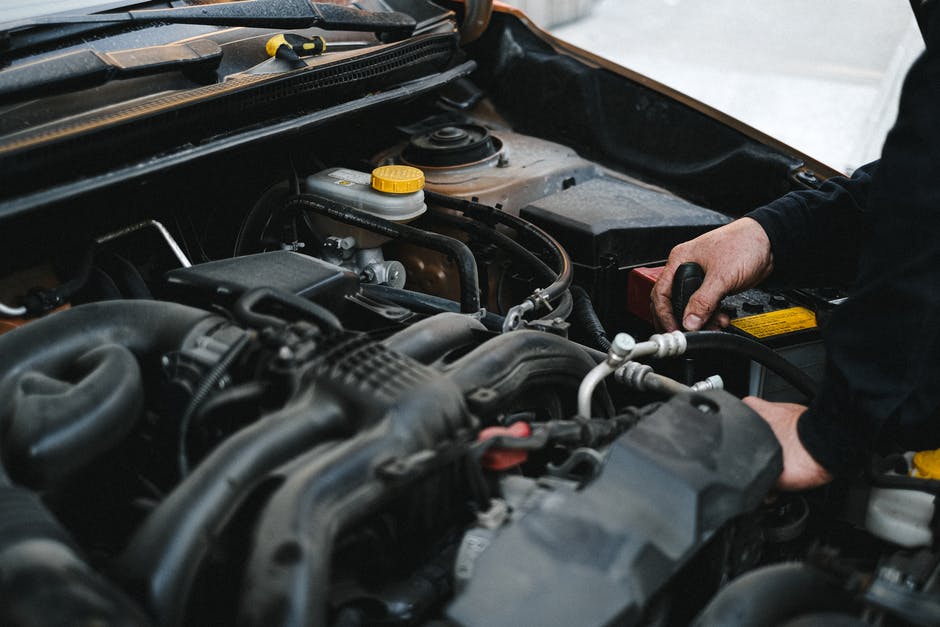
How to Keep Your Engine Clean: Tips for a Healthy and Efficient Vehicle
These days, it’s more important than ever to keep a car running for as long as possible. Taking good care of your vehicle lowers your risk for dangerous accidents, saves money on repair bills and helps maintain the resale value of your car. You can always have your interior detailed and keep stains and smells out of your car, but it’s equally important to keep your engine clean and topped off with essential fluids. From a new oil filter to replacing the coolant, small steps keep your engine safe over the long haul.
Regular Oil Changes
Motor oil keeps heat and friction from damaging your engine’s components. It also picks up dirt and debris as it travels through your engine, cleaning it continuously. Make sure to get your oil changed every 7,500 to 10,000 miles to keep your engine running efficiently.
There are different types of motor oil, so be sure to choose the one recommended by the manufacturer for your engine type. Older cars require conventional oil, while newer cars tend to do better with a synthetic blend. If your car has over 100,000 miles on it, ensure it receives high-mileage motor oil that helps break down accumulated grime inside machinery.
Follow Maintenance Schedules
Oil changes aren’t the only necessary maintenance for your engine. Make a schedule on your phone of when fluids and filters in your car need replacement and when you need to top off the car’s battery.
Filter Replacement
There are several important filters to replace regularly in your vehicle: the engine air filter, the cabin air filter and the oil filter. The engine air filter keeps damaging dirt and sand out of the intake air that flows from the outside of the vehicle into the engine. The cabin air filter prevents strain on the engine from an inefficient and unclean HVAC system.
If you already have two filters, what does an oil filter do? An oil filter keeps motor oil clean so that dirt doesn’t regularly circulate through your engine.
Coolant
Coolant keeps your engine safe from heat damage. This liquid controls temperatures and is an effective heat sink when replaced regularly. Coolant degrades over time, so flush and replace your engine’s coolant entirely once every 3 years or 50,000 miles.
Transmission Fluid
Transmission repairs represent some of the highest repair bills you can see for your vehicle. Replace transmission fluid every 50,000 miles to keep the gears in your gearbox running smoothly. Choose a specialized transmission fluid if you have a continuously variable transmission, as these operate differently than typical automatic transmissions and are even more costly to repair.
Pay Attention to the Check Engine Light
If something is seriously wrong with your engine, a light will illuminate on your dashboard telling you to get your engine checked. Though it may not be obvious what is wrong, a check engine light diagnostic tool can read a code inside your car’s computer to pinpoint the problem.
Engine problems tend to multiply, as each part of the engine is dependent on other components. Stay on top of all engine maintenance to get the most out of your vehicle.
With a solid foundation in technology, backed by a BIT degree, Lucas Noah has carved a niche for himself in the world of content creation and digital storytelling. Currently lending his expertise to Creative Outrank LLC and Oceana Express LLC, Lucas has become a... Read more